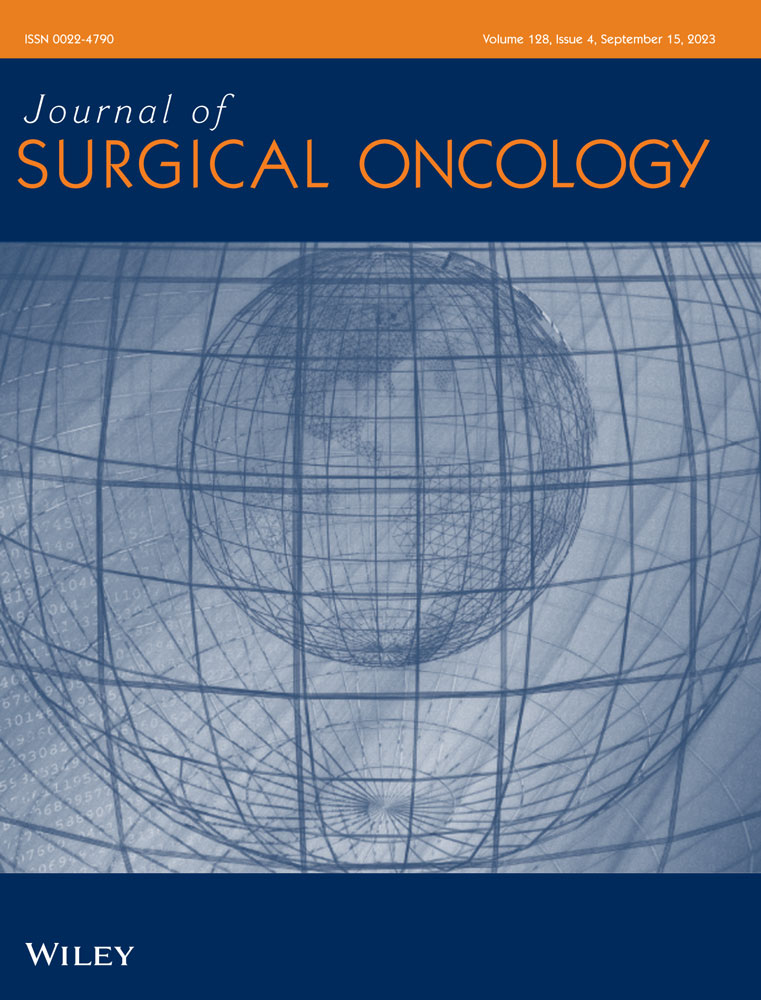Optimum selection criteria for secondary cytoreductive surgery in patients with recurrent epithelial ovarian cancer: A multicenter study from the Gynecologic Oncology Research Investigators coLLaborAtion group (GORILLA-3001)
Abstract
Background
To identify those most likely to benefit from secondary cytoreductive surgery (SCS), we evaluated the survival outcomes and factors predictive of prognosis in patients with recurrent ovarian cancer.
Methods
We retrospectively reviewed the medical records of patients with recurrent ovarian cancer treated at five high-volume Korean hospitals between 2010 and 2021. Recurrence characteristics, treatment methods, and potential predictors of survival were compared between the chemotherapy and surgery groups.
Results
Among all 670 patients, 88.1% had initial stage III/IV disease, and 215 (32.1%) underwent SCS. Among patients who underwent SCS, only those who achieved complete resection exhibited improved survival. Even in patients with residual disease < 1 cm after SCS, we observed no significant survival benefit (p = 0.942). In the multivariate Cox analysis, residual disease at primary surgery, progression-free interval, recurrence sites (≤3 regions or limited carcinomatosis), ascites, and SCS were significant predictors of survival. Meanwhile, the only factor predictive of complete resection after SCS was recurrence sites (p < 0.001).
Conclusions
The benefits of SCS appear to be exclusive to cases of complete resection. We propose limited regional platinum-sensitive recurrence (≤3 regions or limited carcinomatosis) without ascites as the optimum selection criteria for SCS.
CONFLICT OF INTEREST STATEMENT
The authors declare no conflict of interest.
Open Research
DATA AVAILABILITY STATEMENT
The data that support the findings of this study are available from the corresponding author, upon reasonable request.




